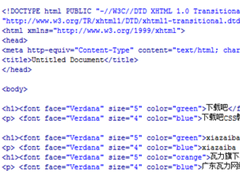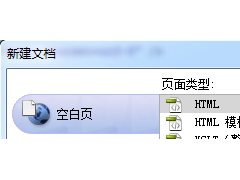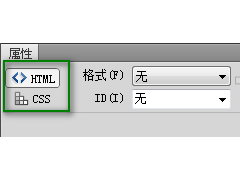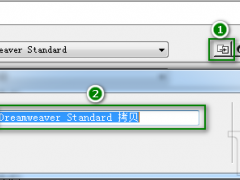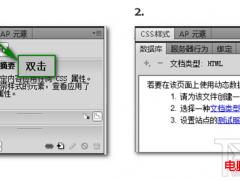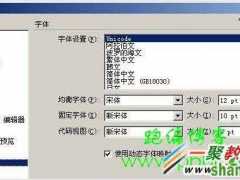package net.nie.test;import java.util.HashMap;import java.util.Iterator;import java.util.Map;public class HashMapTest { private static Map<Integer, String> map=new HashMap<Integer,String>(); public static void main(String[] args) { map.put(1,"one"); map.put(2,"two"); map.put(3,"three"); map.put(4,"four"); map.put(5,"five"); map.put(6,"six"); map.put(7,"seven"); map.put(8,"eight"); map.put(5,"five"); map.put(9,"nine"); map.put(10,"ten"); Iterator<Map.Entry<Integer, String>> it = map.entrySet().iterator(); while(it.hasNext()){ Map.Entry<Integer, String> entry=it.next(); int key=entry.getKey(); if(key%2==1){ System.out.println("delete this: "+key+" = "+key); //map.put(key, "奇数"); //ConcurrentModificationException //map.remove(key); //ConcurrentModificationException it.remove(); //OK } } //遍历当前的map;这种新的for循环无法修改map内容,因为不通过迭代器。 System.out.println("-------nt最终的map的元素遍历:"); for(Map.Entry<Integer, String> entry:map.entrySet()){ int k=entry.getKey(); String v=entry.getValue(); System.out.println(k+" = "+v); } }}



